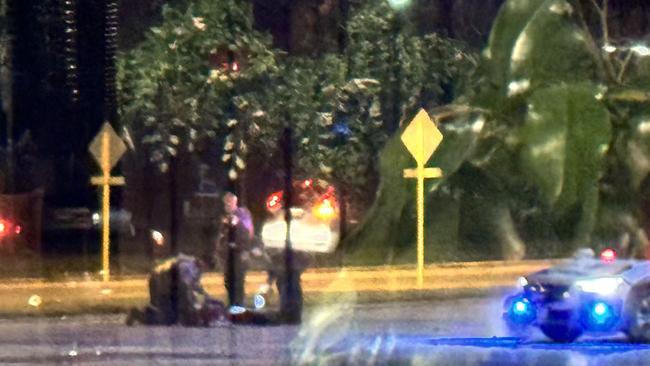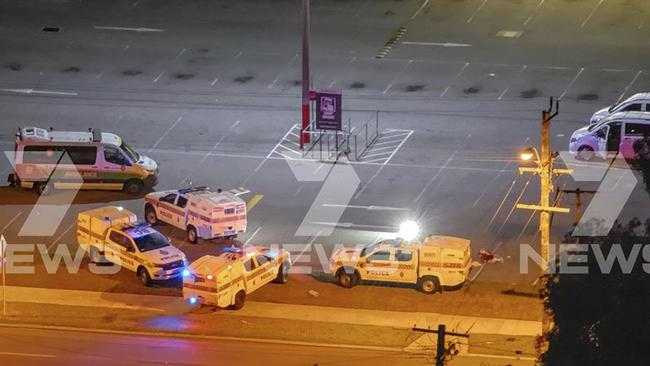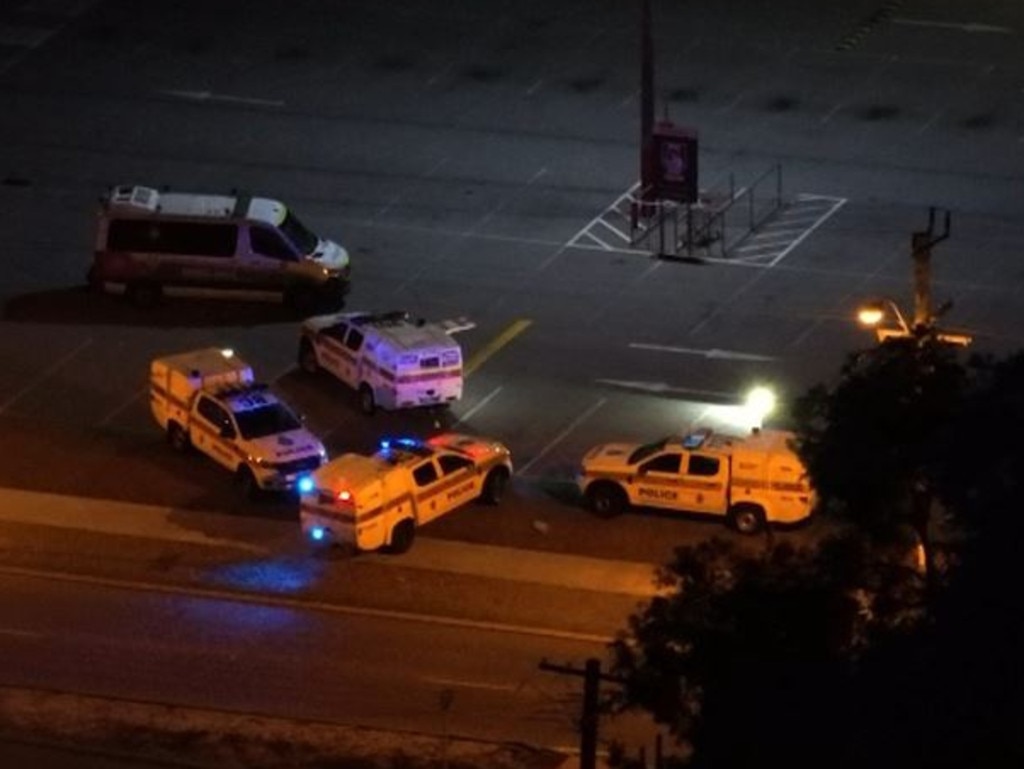Deradicalisation programs must go ahead, says Minister
Minister for Youth Anne Aly says deradicalisation programs must continue, despite evidence the 16-year-old boy shot dead by police in Perth after stabbing someone had taken part in one.

Minister for Youth Anne Aly says it is vital that deradicalisation and countering violent extremism programs go ahead, despite evidence the 16-year-old boy shot dead by police in Perth after stabbing someone had taken part in such a program.
Police believe the boy was radicalised online although despite the incident having the hallmarks of a terrorist incident, authorities have not yet declared it as one.
The boy is understood to have joined a countering violent extremism program in 2022.
Dr Aly, who prior to becoming an MP was an expert in counter-terrorism and deradicalisation programs, said it was vital to keep such programs going.
“With any kind of prevention programs, you only hear about them when it doesn’t work.
“So it’s absolutely worth sticking with because we have to remain ever vigilant, and it’s a key component of ensuring that Australians are safe.”
Dr Aly did not resile from comments she made as an academic in 2016 that most deradicalisation programs failed because they could only remove the opportunity and capability, and perhaps change the environment, “but very rarely, if someone is highly radicalised, can outside forces change their world orientation or their world view”, she told The Conversation.
“Many of them need to go through a process to arrive at disillusionment … in order to fully move away from the movement itself,” she says.

Dr Aly said while she stood by the comments, “we’ve come a long way in our approach to countering violent extremism and prevention”.
“I know in WA, for example, the principles are ensuring that it’s not just about removing opportunity but that it’s a more holistic kind of approach to countering violent extremism, which involves individual, social and societal. Those different factors of violent extremism are taken into account.
“But you can have the best program and the best approach (and) it’s unfortunate and tragic when that doesn’t work.”
Any assessment of the success of deradicalisation programs is hard because of the very small sample size, according to the Australian Strategic Policy Institute’s John Coyne.
However, there was “absolutely” quantitative and qualitative evidence to suggest they worked – just not every time, he said.
Any assessment was made more difficult still because it was not a crime in Australia to hold extremist ideologies – only to carry that through into violent acts.
Many of those in deradicalisation programs, especially young people, “don’t actually have an in-depth understanding of the ideology that they’re radicalising to,” said Mr Coyne, who is ASPI’s head of Strategic Policing and Law Enforcement program.
“They have an interpretation of it, but certainly not a deep understanding of the Koran and those sorts of things”, he said.

“It’s an ongoing activity – it needs to be deeply individualised. It’s not a magic formulaic activity.”
State Police Minister Paul Papalia said the countering radicalisation program, which the teenager had participated in, wasn’t just for criminals.
He said it was a “tough task” to deradicalise people and no program has been universally successful. “(Programs) are confronting a really serious challenge in changing someone who’s been radicalised and attempting to get them back into a more reasonable pathway,” Mr Papalia said.
“It is a good program in that regard, because in the absence of it, there’s no response to that sort of thing.
“But also to be part of it, you’re not necessarily a criminal.
“You haven’t engaged necessarily in any criminal activity. So that’s something to understand.”
He said Australia’s program was based on one in The Netherlands that had been used to deradicalise neo-Nazis.
“And it did have some success,” he said.
“And that’s why over time the programs of this type are focused on doing whatever you can based on previous experience to try and change people’s pathways.”






To join the conversation, please log in. Don't have an account? Register
Join the conversation, you are commenting as Logout